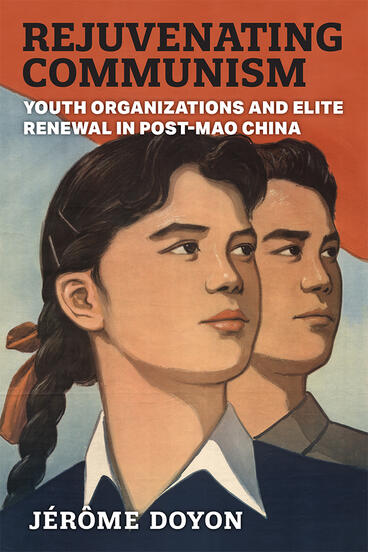Rejuvenating Communism
Youth Organizations and Elite Renewal in Post-Mao China
How the Chinese party-state attracts young officials to renew its elite
Description
Working for the administration remains one of the most coveted career paths for young Chinese. Rejuvenating Communism: Youth Organizations and Elite Renewal in Post-Mao China seeks to understand what motivates young and educated Chinese to commit to a long-term career in the party-state and how this question is central to the Chinese regime’s ability to maintain its cohesion and survive. Jérôme Doyon draws upon extensive fieldwork and statistical analysis in order to illuminate the undogmatic commitment recruitment techniques and other methods the state has taken to develop a diffuse allegiance to the party-state in the post-Mao era. He then analyzes recruitment and political professionalization in the Communist Party’s youth organizations and shows how experiences in the Chinese Communist Youth League transform recruits and feed their political commitment as they are gradually inducted into the world of officials. As the first in-depth study of the Communist Youth League’s role in recruitment, this book challenges the assumption that merit is the main criteria for advancement within the party-state, an argument with deep implications for understanding Chinese politics today.
Jérôme Doyon is a China Public Policy Postdoctoral Fellow at the Ash Center of Harvard Kennedy School.
Reviews
"Doyon has produced a first-rate study that not only offers a persuasive conceptual framework on how the Party renews itself through a complex system of youth recruitment and retention, but also raises thought-provoking questions on some of the key contentious issues in Chinese elite politics."
- Stanley Rosen
—The China Quarterly

